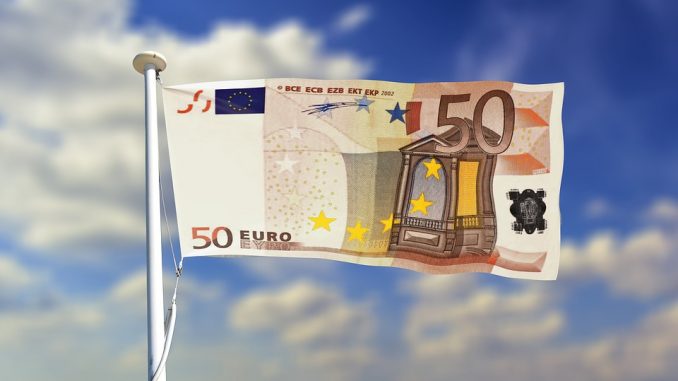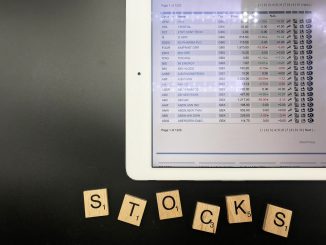
European stocks fell on Tuesday, tracking losses in global markets, especially as investors are concerned about a sharp rise in US bond yields and their impact on the cost of borrowing. Large oil companies topped the losers with crude oil prices under pressure.
The Stoxx Europe 600 index fell 0.9% to close at 396.12 points, reaching its biggest one-day loss since 9 November. The German DAX 30 was down by 1% at 13,197, and France’s CAC 40 fell by 0.9%, to 5,473. The FTSE 100 index in the UK fell by 1.1%, to 7,587 points.
European stocks fell as part of a global sell-off, with the Dow Jones Industrial Average dropping by more than more than 300 points, as investors continued to worry about rising US Treasury yields. High returns on debt usually make stocks and other assets less attractive to investors. After hitting its highest level since April 2014 on Monday, the yield on Treasury continued to rise Tuesday, and traded above 2.71%.
Energy stocks dropped after US crude futures fell by 2%. Mining stocks were also under pressure amid reports that one of China’s biggest coal areas has asked miners to cancel their holidays due to fears of power cuts during the Spring Festival holiday.
Euro traded against the US dollar at 1.2393, after trading at 1.2383 in Monday’s trading on the New York Stock Exchange. At the same time, the pound rose against the USD, to reach 1.4114 dollars, after it was $1.4075 per pound on Monday’s trading session. The British pound was recovering and correcting its course after falling below $1.40, on concerns about Brexit negotiations with the EU. Some government leaks were indicating that the country’s economy would be severely damaged regardless of the UK-approved trade deal on its exit from the European Union.
A preliminary official estimate showed that euro area GDP rose by 0.6% in the last quarter of 2017, according to expectations. The French economy rose at its fastest pace in six years, with the country’s GDP rising by 1.9% in 2017 from last year. Meanwhile, separate data showed that French consumer spending fell unexpectedly in December. Spain’s economic growth is likely to rise by 0.7% in the last quarter of 2016.




Be the first to comment